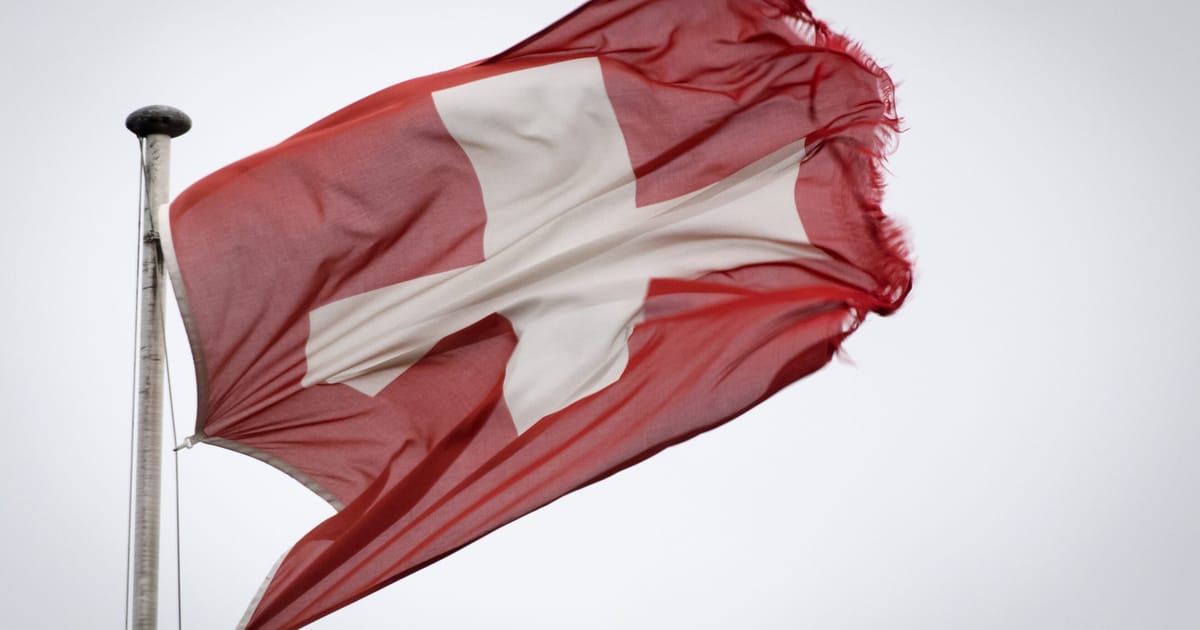

As the summer unfolds, countries across the world face a myriad of challenges and opportunities. From discussions over international tariffs to debates on infrastructure and social equity, the global landscape is continually evolving. Today, we bring you an overview of some of the most significant recent developments.
In a move that has garnered mixed reactions, the Washington administration has announced a steep 39 percent tariff on Swiss goods. This announcement coincided with Switzerland’s national celebrations, adding a layer of complexity to an already strained trade relationship. The tariff is seen as part of a broader strategy to recalibrate trade dynamics with European economies, bringing both potential opportunities and challenges for businesses seeking market balance in these volatile times.
Turning to economic news within Europe, the Eurozone inflation rate stabilized at 2 percent in July. This steadying of inflation was achieved through a complex interplay of rising food prices, which offset the decline in energy costs. The European Central Bank (ECB) is now weighing its options, contemplating a pause in rate cuts to manage this equilibrium, ensuring that economic growth is neither stifled nor allowed to accelerate unchecked.
Across the channel in France, the government is under pressure to halt the destruction of $9.7 million worth of contraceptives previously acquired under the U.S. Agency for International Development (USAID). This proposed destruction has sparked concern from various feminist and rights groups who perceive it as not only wasteful but as an attack on women’s rights. These contraceptives, which include long-acting options like IUDs, were likely intended for use in African public health programs, and their potential loss has ignited a fervent debate over international health aid policies.
In the United Kingdom, discussions around taxation and social mobility are gaining momentum. The government has recently launched a civil service internship scheme exclusive to working-class students. This initiative aims to democratize access to prestigious government roles by focusing on applicants’ household economic backgrounds during their adolescence. It is part of a larger effort to ensure national institutions better reflect the diverse society they serve.
Meanwhile, Thames Water in the UK is facing calls from Labour MPs to reclaim £2.5 million in bonuses paid to executives. This comes amid complaints about rising customer bills and issues of corporate accountability. The MPs argue that the bonuses were unjustifiable, especially given the company’s responsibility to address severe cases of pollution. This situation underscores the ongoing conversation about corporate governance and environmental accountability.
On the issue of infrastructure, Heathrow Airport’s proposed third runway expansion has prompted critical discussions. The International Airlines Group (IAG), British Airways’ parent company, has raised concerns about potential increases in passenger costs due to the expansion, which could reach nearly £50 billion. They caution that such increases might lead to underutilization of the new facilities, sparking broader questions about the balance between infrastructural growth and economic viability.
Finally, in the financial sector, Santander Totta, a major European bank, reported an 8 percent decrease in profits for the first half of the year. The decline to €503.9 million has been attributed mainly to falling interest rates. This development highlights the ongoing challenges faced by financial institutions in adapting to rapidly changing economic conditions.
As we observe these developments across different sectors and regions, it is clear that global economies and societies are at crucial junctures. How these situations evolve will depend on the careful balancing of interests, prudent policy decisions, and a commitment to addressing the needs of diverse communities around the world. We will continue to monitor these stories and bring you thoughtful insights into how they unfold.
Source: {link}
